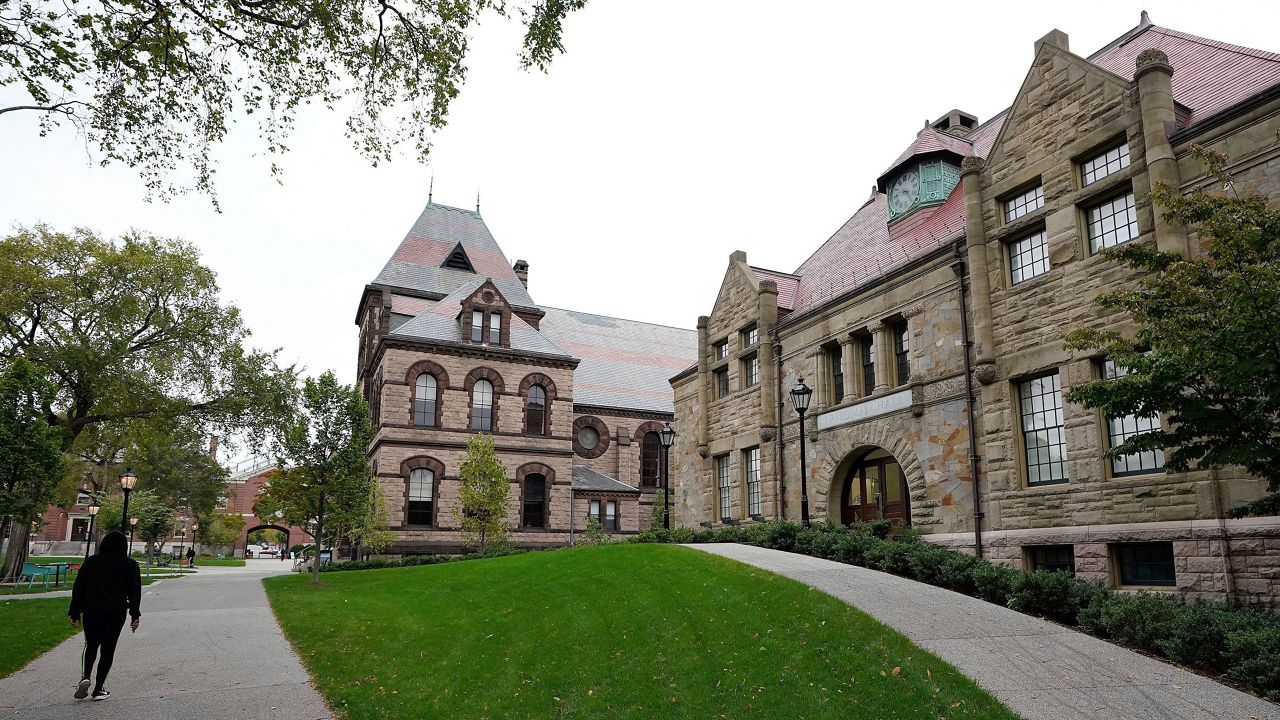SANTA ANA, Calif. — Stopping the spread of HIV is a core part of the work being done by Philip Yaeger and his colleagues at Radiant Health Centers in Orange County.
“We are the only health center is Orange County specifically focused on serving the LGBTQ+ community with that specialty in HIV care,” Yaeger said.
Radiant is based in Irvine, but the majority of their clients come from Santa Ana, the city with the largest number of people in the county living with HIV.
“We serve over 1,500 individuals annually through our services. Many of those folks receive services both services in the medical clinic and then also community support through our other work,” Yaeger said.
He added that syringe service programs have always been a key part of the strategies to end the HIV epidemic as well as the spread of Hepatitis C.
“We know that a lot of time shared needle use results in new Hepatitis C and Hepatitis B infections, and that’s another area where we are providing care and treatment in the clinic.”
“If you knock on 1,000 doors in this city, I can guarantee you that the constituents at least 999, maybe 995 of them will tell you, no, we don’t want a needle exchange program in our city,” said Santa Ana Mayor Valeria Amezcua.
She says back in May, the city manager and police chief sent a letter opposing the proposed needle exchange program. The city had one from 2016-2018, but the city council banned it after they say the organization in charge at the time failed to pick up the needles.
“That organization was unable to locate about 250,000 needles that they had handed out, so we had needles in our waterways. We had them in our parks. We had them in our grass areas,” Amezcua said.
Despite the objections, the California Department of Public Health had approved the most recent application from the Harm Reduction Institute, but rescinded it three weeks later. HRI’s Executive Director Carol Newark sent the following statement to Spectrum News:
“We are disappointed by the revocation of our authorization by CDPH. However, we hope that this can lead to a meaningful dialogue between them and Chief Valentin that will help the city and police better understand our mission, and appreciate the need for our services in the community. We do not expect this setback to significantly hinder our organization’s ability to serve the community and combat the spread of HIV if authorized.”
“Ask us what we as local electeds, the city manager, the police chief, what is best for our constituents or better yet, talk to our constituents,” Amezcua said.
“Individuals who are struggling with substance use disorders, many, if not every one of them want to be clean, want to get sober, want to live a health life,” Yaeger said.
Both sides can agree they are determined to protect Santa Ana residents.











